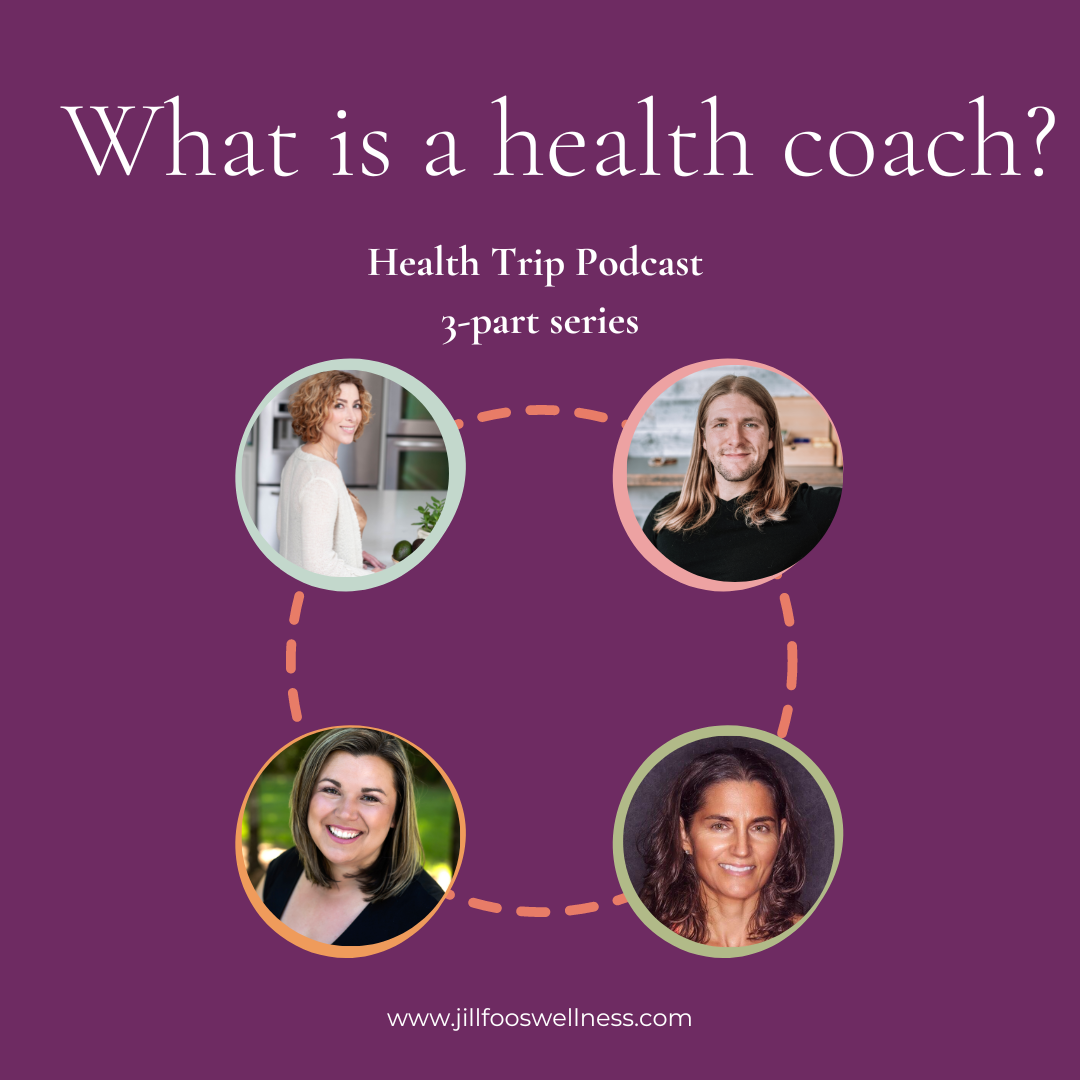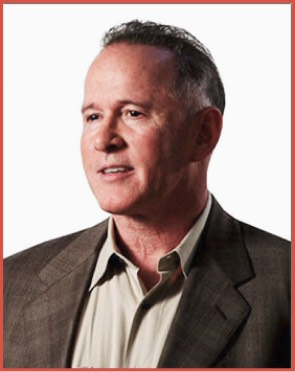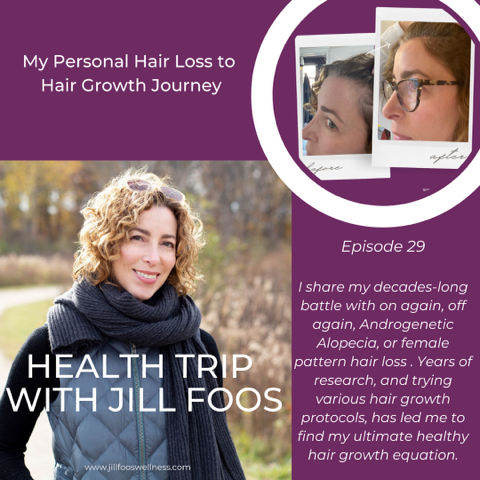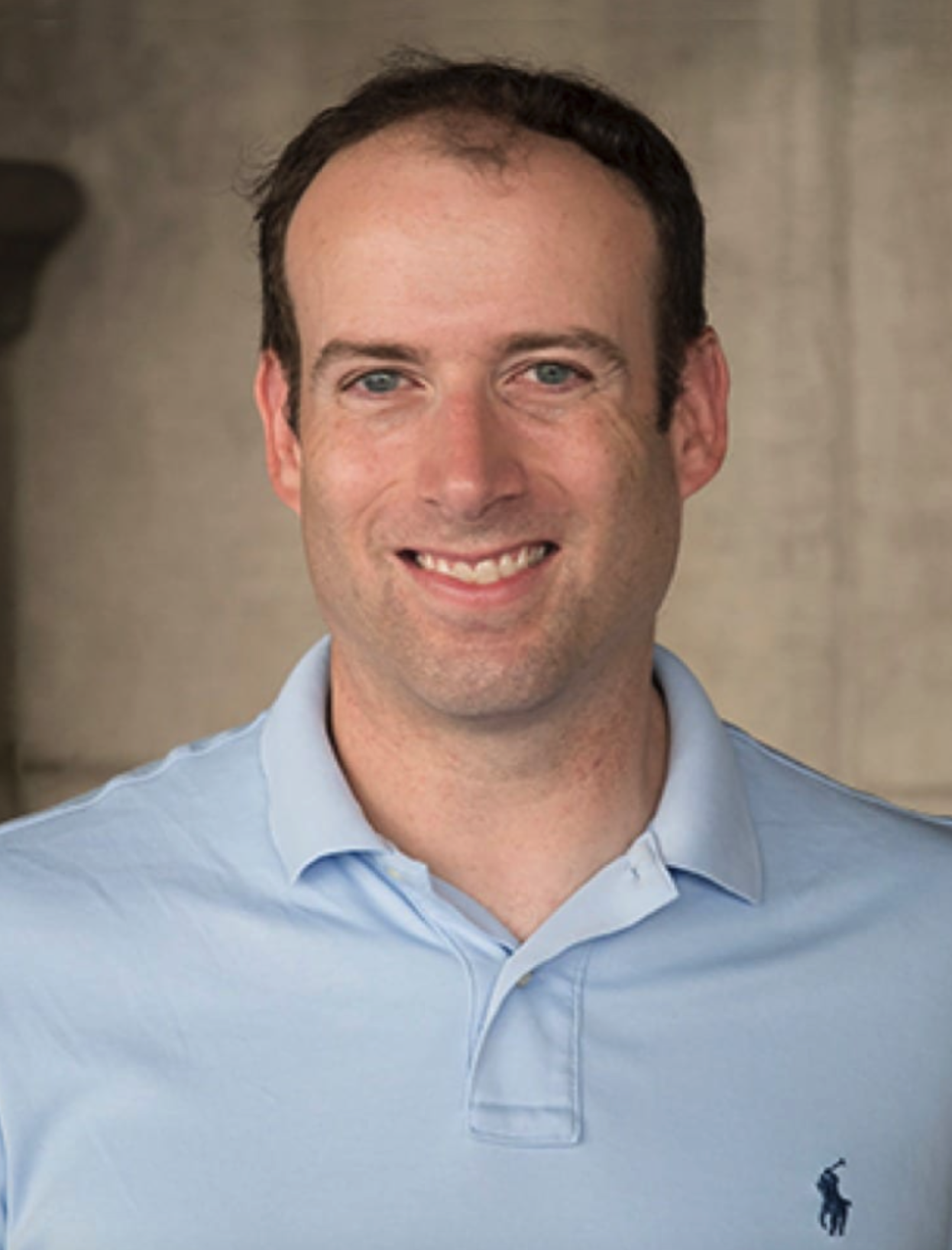ADHD looks different in everyone, usually coexisting with other conditions, such as depression, anxiety, OCD, disruptive behavior disorders, learning disabilities, sleep disorders, and substance abuse. There’s a wide spectrum of symptoms. ADHD treatments range from pharmacologic interventions to more holistic approaches, and some combine the two. What else can we do for our ADHD kids who will become teens, young adults, and older adults someday? I’m not against medication, for some, it’s very helpful. But, we must ask how diet, nutrition, supplements, sleep hygiene, exercise, and stress management all affect these symptoms.
Read MoreThe aftermath of the Women's Health Initiative (1990s), left millions of women confused and scared about their risk of developing breast cancer if they used hormone therapy. The science was later debunked due to the study's flaws, but the dark cloud of fear still reigns. Can we undo the damage? Dr. Jenn Simmons, Philadelphia’s ex-leading breast cancer surgeon turned Functional Medicine MD, joins me to break down the past and current science on hormone therapy, breast cancer risk, and lifestyle interventions.
Read MoreIn this 3-part series, I speak with three very different health coaches about what we do, how we’re trained, what skill sets we use, how we differ from nutritionists and dieticians, how we work with our clients, and everything in between. My goal is to make sure that you walk away from this episode truly understanding the ins and outs of health coaching and why so many people, like yourself perhaps, would benefit from working with one.
Read MorePhotobiomodulation, light therapy, low-level laser therapy, and red light therapy all mean the same thing and act on the mitochondria within all of our cells to create more energy. Healthy cells that produce more ATP, our energy currency, mean healthier everything. Benefits include growing more hair, boosting cell proliferation, repairing tissues, reducing inflammation, gut health, skin health, regulating the circadian rhythm, increasing energy, regulating mood, improving blood flow, and so much more.
Read MoreThere are serious health risks associated with low T, such as an increase in cardiovascular disease, osteopenia, or osteoarthritis, a decrease in lean body mass, our longevity organ, chronic brain fog, and sexual dysfunction. Low T leads to depression, more stress, and a feeling of hopelessness and low confidence. Low testosterone levels are correlated with poor nutrition, age, sedentary lifestyle, poor sleep, alcohol or drug use, prescription drug use, exposure to toxins, stress, and genetics.
Read MoreIf you’re experiencing hair loss, this episode is for you. I have suffered for over 20 years with on-again, off-again, female pattern hair loss, or Androgenic Alopecia. This type of hair loss in men and women is generally caused by hormonal changes, aging, and genetics. Hormonal changes in women could be triggered by using birth control, going through menopause, and taking Hormone Replacement Therapy (HRT), or Bio-Identical Hormone Replacement Therapy (BHRT). In fact, most women experience hair loss during their menopausal years.
Read MoreConventional medicine and functional medicine approaches butt heads when it comes to optimizing the thyroid gland. The thyroid controls your metabolism, or how your body converts the food you eat into energy the body can use, such as regulating how fast your heart beats, how deep you breathe, and whether or not you lose or gain weight. The thyroid can also regulate body temperature & cholesterol levels.
Read MoreHair loss affects well over 100 million people. For men, it’s more socially acceptable to lose your hair, although I’m sure most men would like to have hair. For women, not so much. Women want a full head of hair. It's terrifying when we start seeing our hair shed, thin and lose its volume. And, not just because of how our hair looks and feels, but because we know something deeper is causing it.
Read MoreStress affects the way in which our genes are expressed through epigenetics. Epigenetics is the study of what turns our genes on or off, like a light switch. When we are chronically stressed about a work deadline, a bad relationship, emotional eating, and so on, our genes will negatively change.
Read MoreHeart disease in the U.S. remains the #1 leading cause of death for men and women. According to the CDC, 1 person dies every 36 seconds for cardiovascular disease. 1 in every 4 deaths is caused by heart disease and costs the US over $350B every year. By the time someone sees a cardiologist, they’ve already had a cardiac related event. Risk factors include high blood pressure, diabetes, obesity, drinking too much alcohol, living a sedentary life, eating unhealthy foods and here’s a couple of risk factors that you may not be correlating to heart disease, poor sleep and menopause in women.
Read MoreFour years ago I was going through a long divorce after 23 years of marriage, walking away from a business that I was once passionate about, in order to reinvent myself and pivot towards a different career path, entered into peri-menopause and found myself alone in my family’s home for the first time in decades after raising our five kids, who were off and running as young adults. My hair shedding was raging and horrifying.
Read MoreIf you’re around the same age as me, mid-50s, then you have/had a mom that hit menopause around 30-40 years ago during which time many women were put on HRT during post-menopause. HRT started in the ’60s, but became very popular in the ’90s, when the first clinical trials on HRT and post-menopausal women were started (1991), called the Women’s Health Initiative (WHI), launched by the National Heart, Lung, and Blood Institute. In 2002, the first results were shared declaring that HRT had more negative than beneficial effects, thus HRT use dropped dramatically in the US (by 46%).
Read MoreWhat if wear and tear on our joints and cartilage had nothing to do with the aging process? Chronic inflammation wreaks havoc on our overall health, including the health of our microbiome, bones, joints, cartilage, muscle and tendons. Lifestyle and genetics are the two big players. In this episode, Dr. Yurth MD, co-founder and Medical Director of Boulder Longevity Institute, breaks down old medical myths surrounding the aging process and osteoarthritis. She suggests that changing our mindset in relation to osteoarthritis, sports and exercise injuries and the healing process is crucial moving forward. Dr. Yurth offers cutting edge healing options using both functional and regenerative medicine approaches.
Read MoreMicronutrient deficiencies are a growing public health concern. In 2019, Cambridge University published a paper concerning micronutrient deficiencies. We’ve known for a long time that iron, iodine, and vitamin A deficiencies have been a long-term global concern, and now they are reporting that vitamin D, B12, and riboflavin (B2) are added to that list. Micronutrient deficiencies lead to poor health outcomes and increased healthcare costs. Most people are taking supplements completely wrong. Taking too much, taking not enough, taking supplements that your body doesn't need and how they interact with pharmaceuticals and food is revealed in this episode.
Read MorePersonalized medicine and peptide therapy may be the future of healthcare. Dr. Neil Paulvin is a multiple board-certified physician with a practice in Manhattan, who combines traditional and alternative medicine to help patients live their optimal lives and perform at their best. He has focused on the study of Functional Medicine, Integrative Sports Medicine, Regenerative medicine, Osteopathic Manipulation and Craniosacral Therapy. He works with patients to, not only treat, but find the root cause of autoimmune issues, thyroid and hormone imbalances, digestive and gut disorders and a number of inflammatory based conditions.
Read MoreSpermidine has been around for over 330 years in Japan and has just recently become more popular. It’s a polyamine, which plays an important role in the metabolism of cells, and hits 5 of the 9 hallmarks of health. Spermidine has been shown to trigger autophagy, the body's way of cleaning out damaged cells, in order to regenerate newer, healthier cells. Some of the many health benefits include protection against cardiovascular disease, increased cognition, reduced risk of some cancers, preserving telomere length, and supporting hair growth, including eyelashes for some. It also has positive side effects on deep sleep.
Read MoreHave you ever wondered why you have lingering health issues? Or, thought that you were doing everything right for your health, following doctors’ orders, eating whole foods, exercising, working on your sleep routine, taking your supplements like clockwork, yet still not achieving your health goals? Introducing micronutrient testing. Spectracell Laboratories developed one of the most comprehensive tests that look at the efficacy of your cellular health.
Read MoreEver since I found out I am homozygous for the MTHFR genetic SNP, I have been fascinated by the correlation between genes, epigenetics and longevity. Now, many of you listening to this podcast rn are wondering what the heck I’m talking about. Genetic SNP’s are in us all, and we have multiple SNPs and unless we are tested for them, which traditional doctors do not do, you won’t know which one or ones you have. Our genes are given to us at birth but they certainly don’t define who we are or how we are going to move through life. Epigenetics refers to the impact, both positive and negative, that internal and external factors turn on and off genes. Environmental toxins, nutrition, physical activity, and stress are examples.
Read More


















